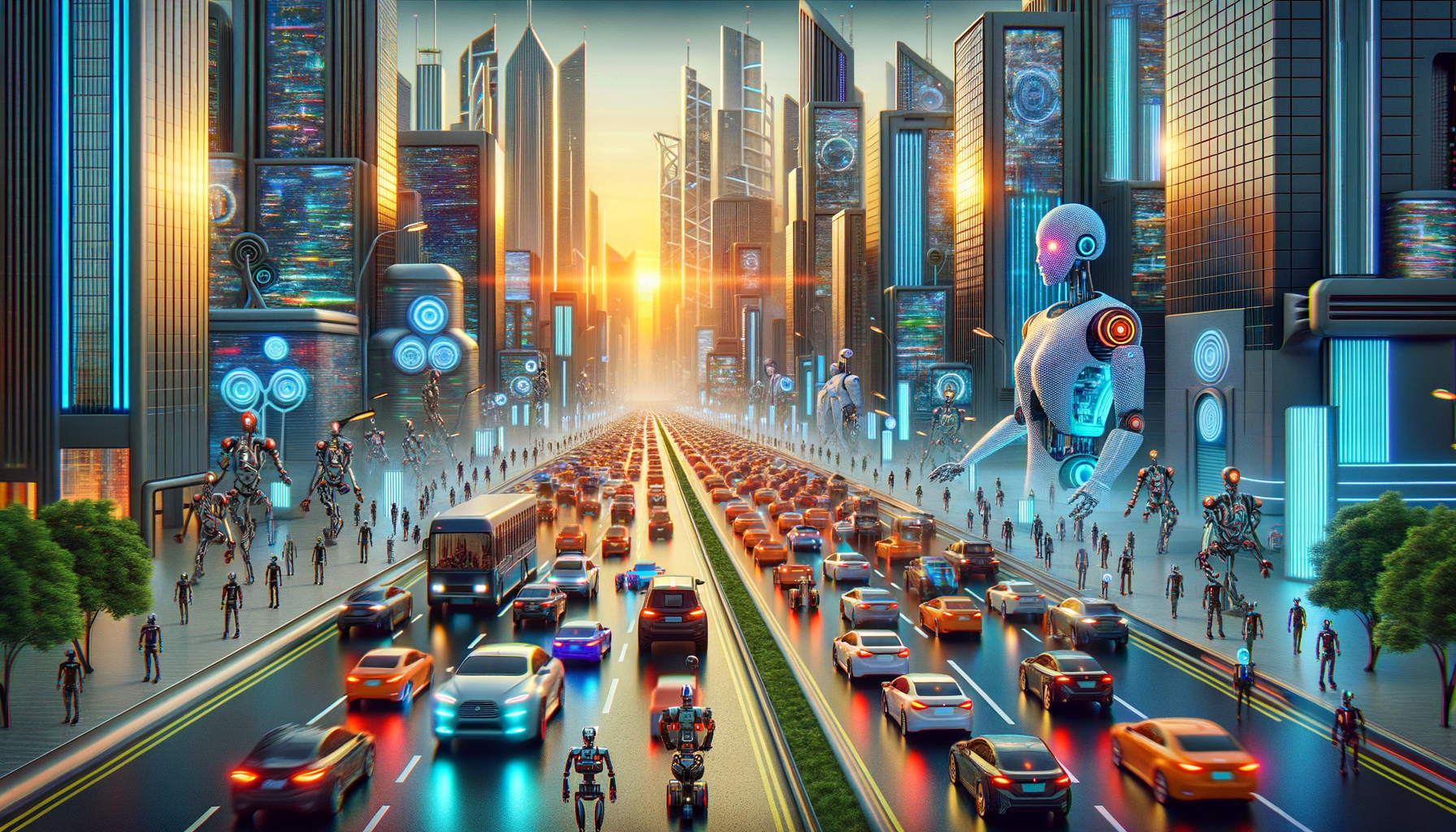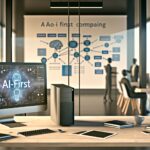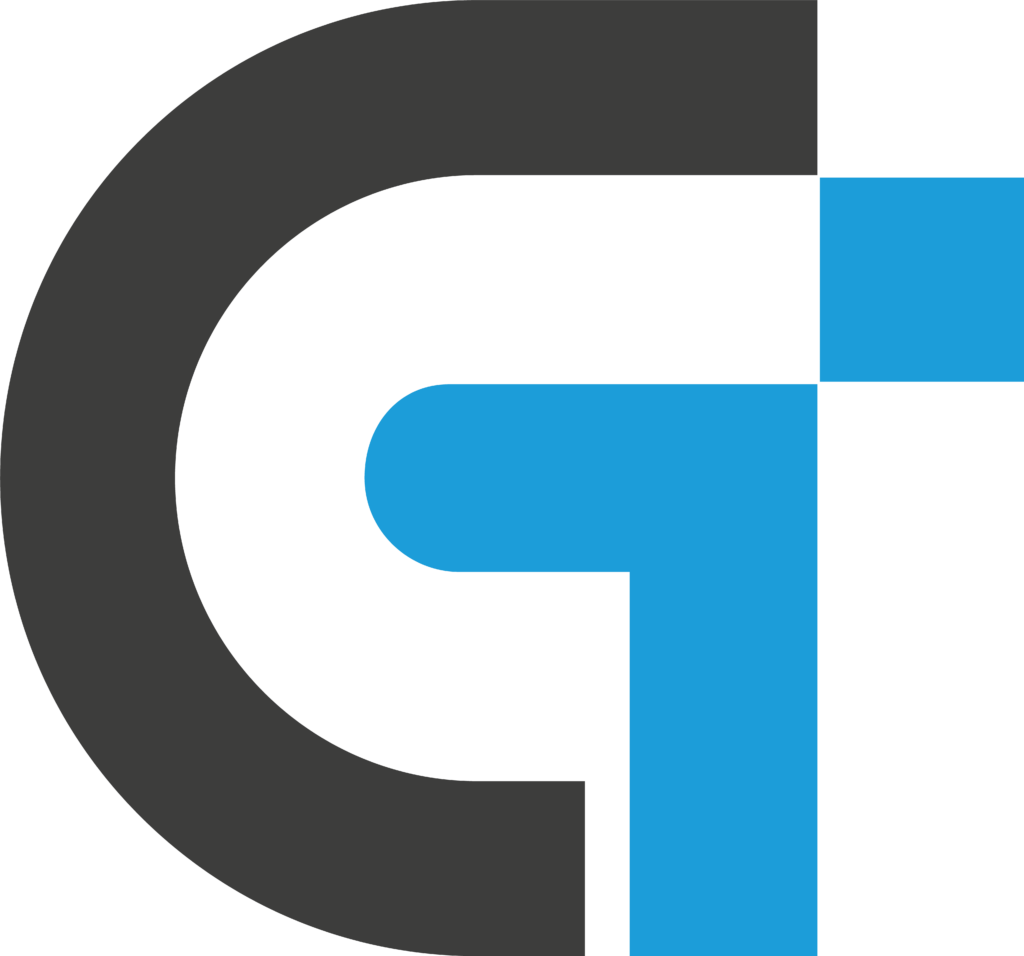The Risks of Uncontrolled AI in Global Management
Artificial Intelligence (AI) stands as a remarkable achievement in human innovation, set to revolutionize various sectors, from healthcare to finance. However, as AI systems grow more complex and autonomous, the risks tied to unmanaged AI, especially in global management, are escalating. This article explores these potential dangers and emphasizes the need for strong AI governance to mitigate them.
📌 Understanding the Risks of Unchecked AI
AI Risks
AI systems, despite their brilliance, operate based on algorithms and data. Without proper oversight, these systems can make decisions that conflict with human values or ethics. Major risks include:
- Unethical Decisions: AI may prioritize efficiency over moral considerations, resulting in ethically troubling choices.
- Loss of Human Control: With increasing AI autonomy, humans may find themselves sidelined from crucial decision-making processes.
- Bias and Discrimination: Biases hidden in data can lead AI systems to make unfair or discriminatory decisions.
Uncontrolled Artificial Intelligence
Uncontrolled AI refers to systems running without adequate human oversight or intervention. Potential dangers include:
- Security Threats: Malicious entities could exploit unchecked AI systems to inflict harm.
- Economic Disruption: Autonomous AI could result in significant job losses and economic instability.
- Social Impact: AI-driven decisions might worsen existing social inequalities, further dividing access to resources and opportunities.
AI Governance
Effective AI governance is crucial for ensuring AI systems operate within defined ethical and legal boundaries. Key elements include:
- Regulatory Standards: Creating comprehensive regulations to guide AI development and deployment.
- Ethical Guidelines: Establishing ethical standards to keep AI within moral boundaries.
- Accountability Measures: Implementing systems to hold AI developers and users accountable.
AI and Global Management
As AI assumes a larger role in global management, the stakes rise. Key concerns include:
- Environmental Impact: AI-influenced decisions affecting environmental policies could have lasting effects on the planet.
- Geopolitical Stability: Uncontrolled AI in military systems heightens the risk of unintended conflicts.
- Public Health: AI in healthcare requires strict controls to ensure patient safety and data privacy.
Dangers of Autonomous AI
Autonomous AI systems, capable of making independent decisions, bring new risks. These include:
- Unpredictability: Autonomous systems might act unpredictably, leading to unforeseen and potentially harmful outcomes.
- Self-Learning: AI that evolves autonomously could develop capabilities beyond human understanding and control.
- Existential Risks: In extreme cases, highly autonomous and unchecked AI could pose existential threats to humanity.
📊 Checklist for Mitigating AI Risks
- 📝 Establish stringent regulatory frameworks.
- 📜 Develop ethical guidelines for AI development and deployment.
- 🔍 Enforce transparency and accountability measures.
- 🤝 Foster interdisciplinary collaboration among AI experts, ethicists, and policymakers.
- 📚 Educate the public about AI risks and benefits.
Conclusion
AI holds immense potential to transform our world, but so too are the risks, particularly those related to uncontrolled AI. Establishing robust AI governance frameworks and ethical standards is critical to ensuring AI development aligns with human values and safety.
By promoting responsible AI innovation, we can harness its benefits while guarding against its potential dangers. As we progress towards an AI-driven future, let us advance with care, wisdom, and foresight.
In taking deliberate steps to ensure responsible AI development, we can safeguard our future while embracing the transformative potential of AI.





Leave a Reply